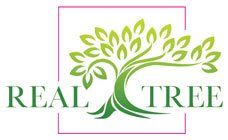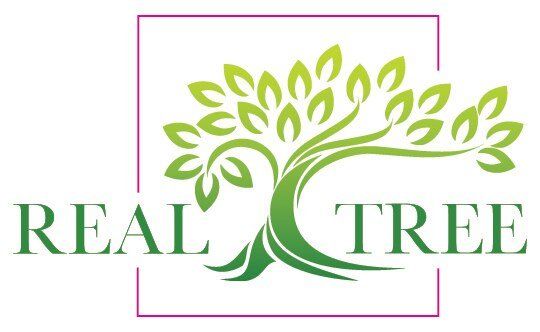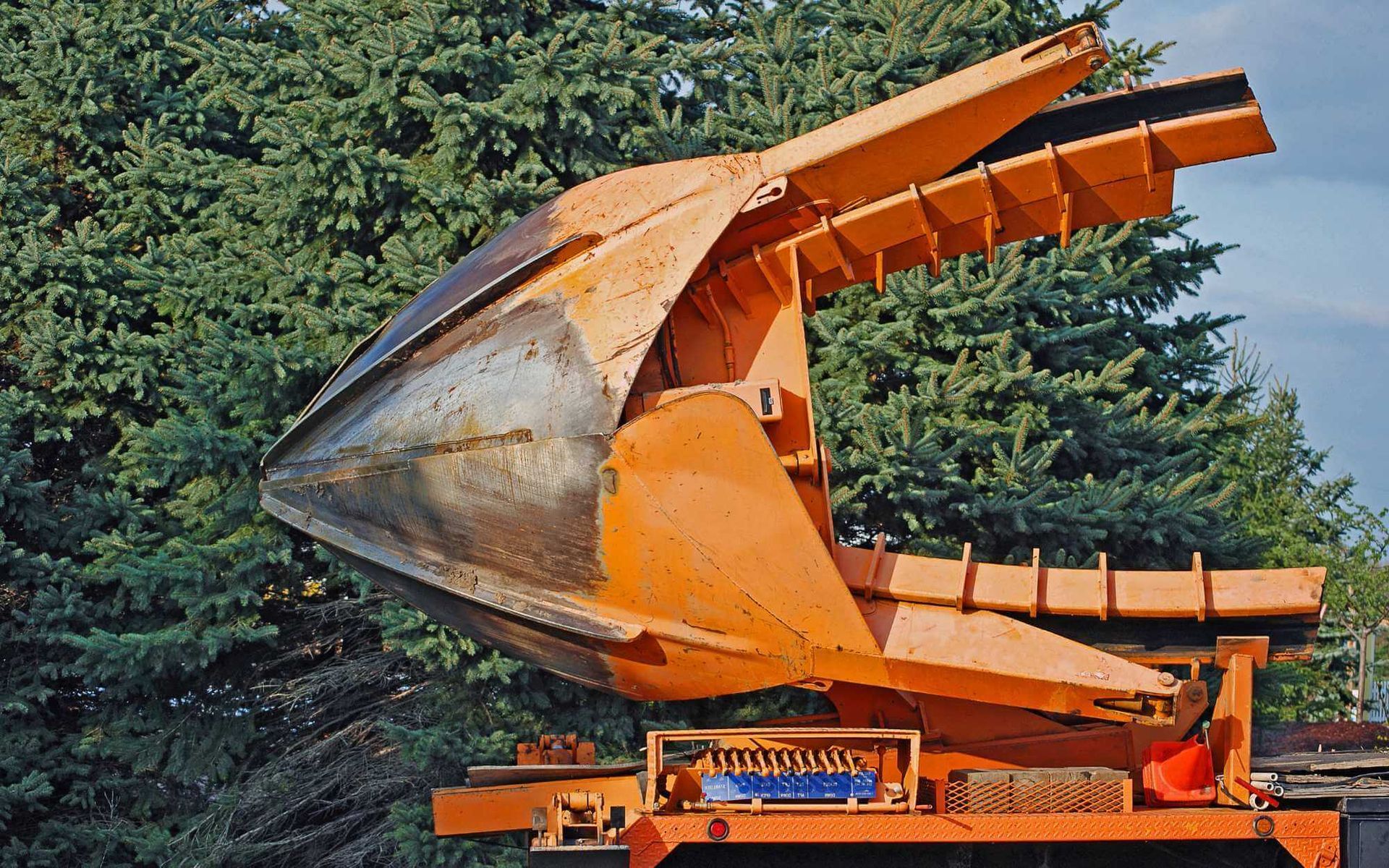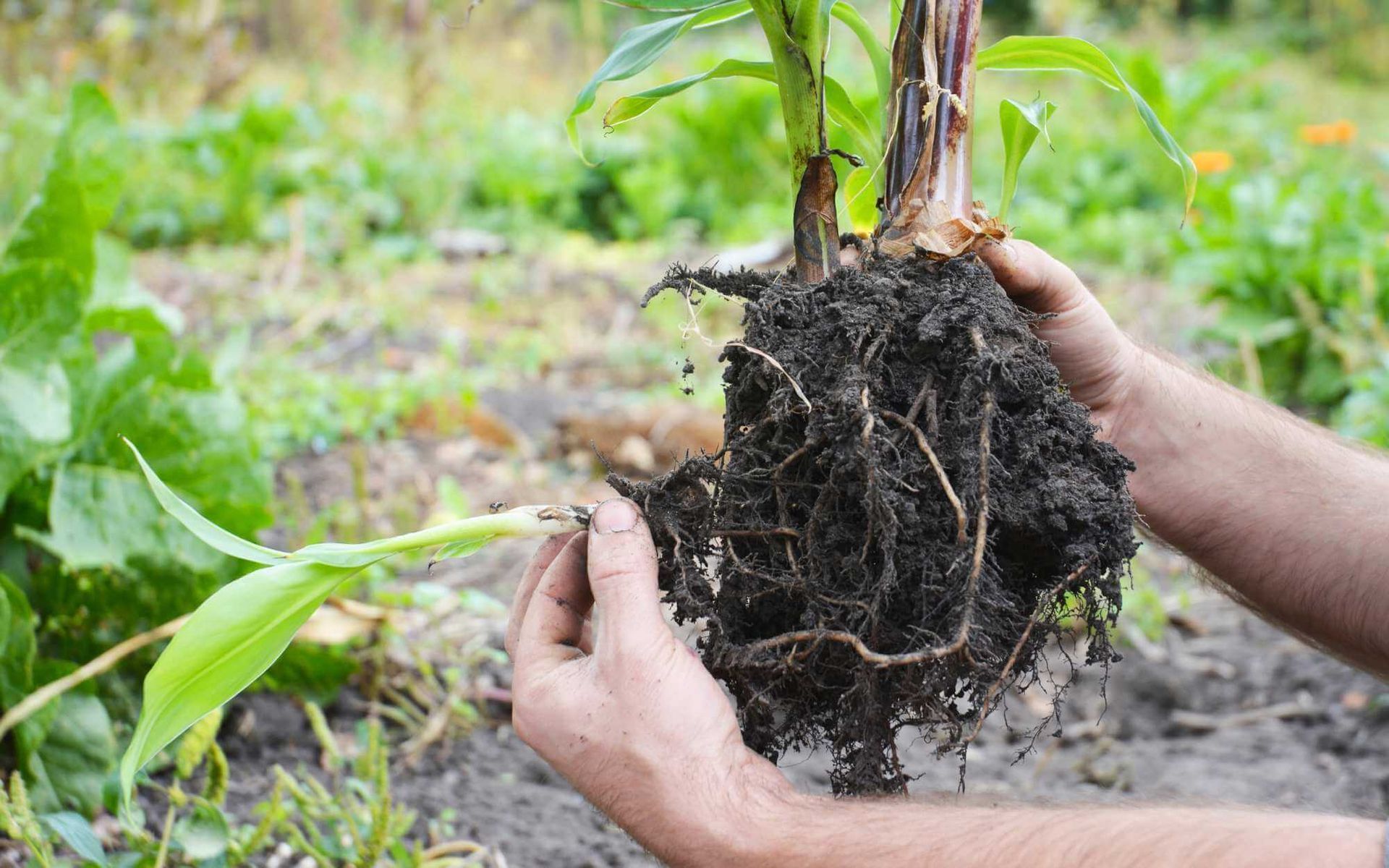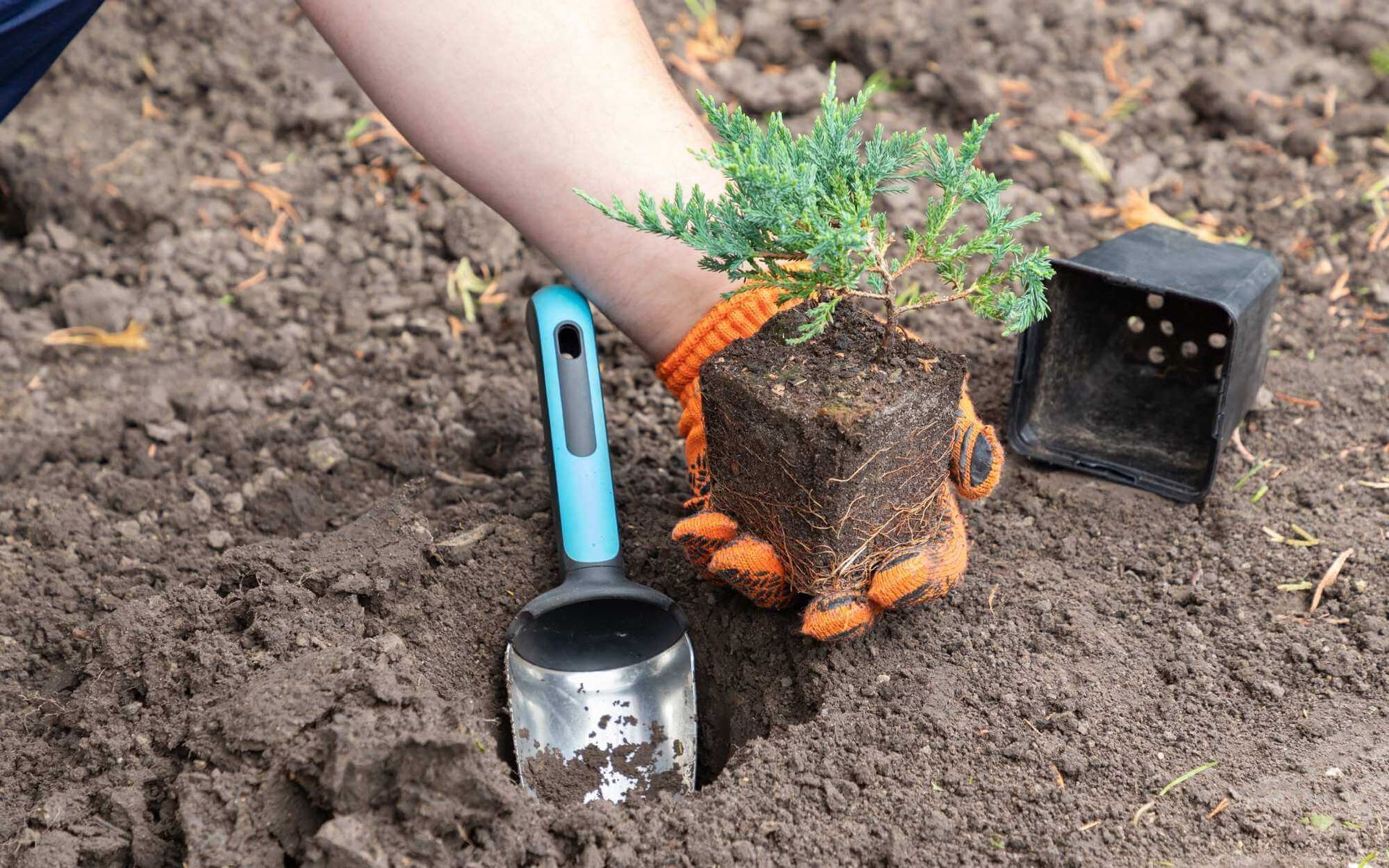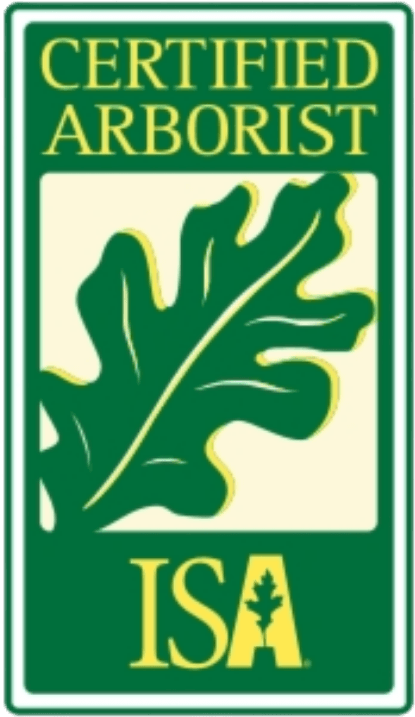Exploring Types of Mulch and Their Impact on Tree Health
PUBLISHED ON
SHARE THIS ARTICLE
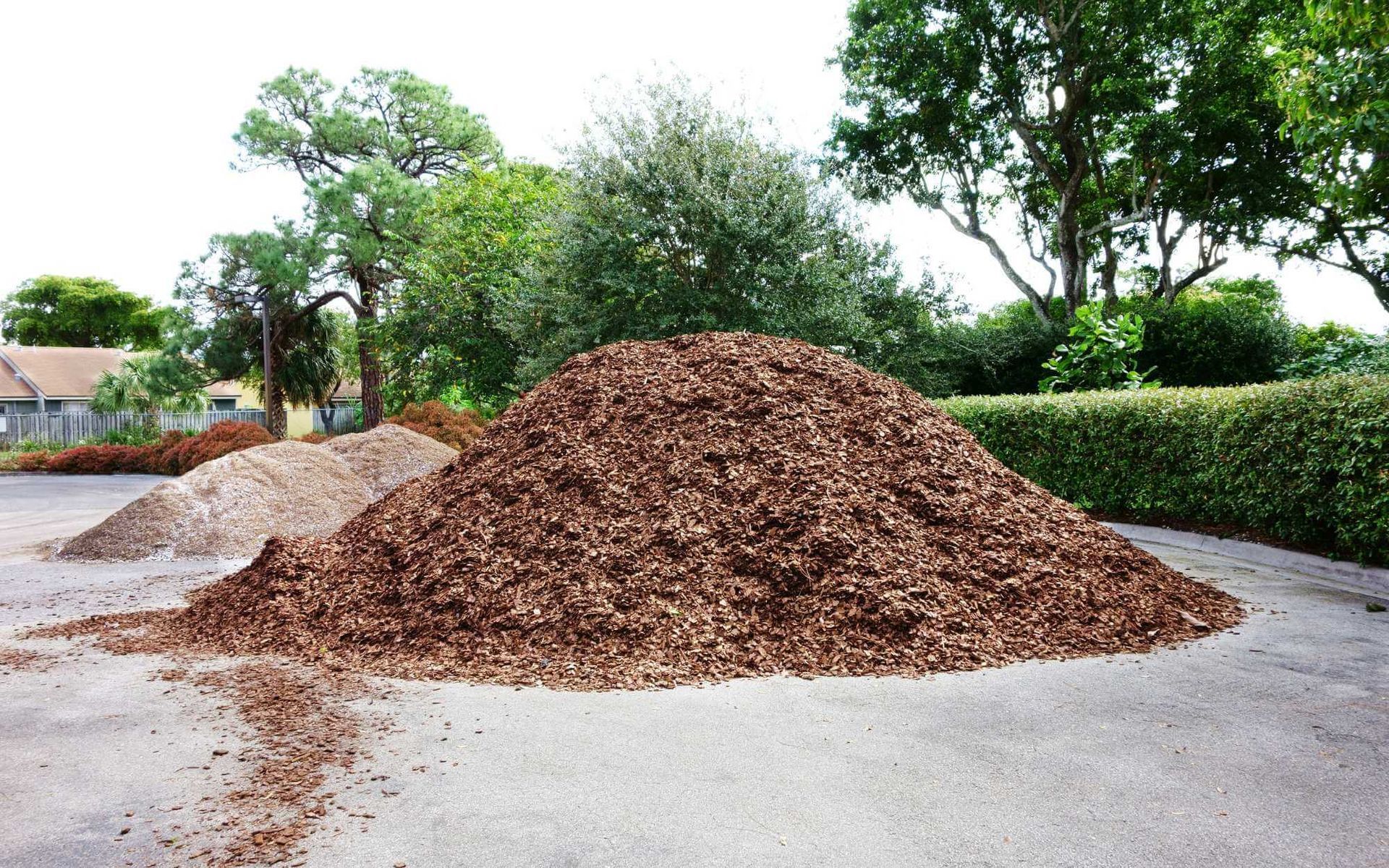
In the world of arboriculture, one of the unsung heroes of tree health and vitality is often overlooked — mulch. This humble collection of organic materials has a profound impact on the well-being of our cherished trees.
From conserving water to enhancing soil nutrients and thwarting weed growth, mulch serves as a vital component in maintaining a flourishing arboreal environment.
Join us as we delve into the different types of mulch and explore their diverse effects on the health of your landscape.
Types of Mulch
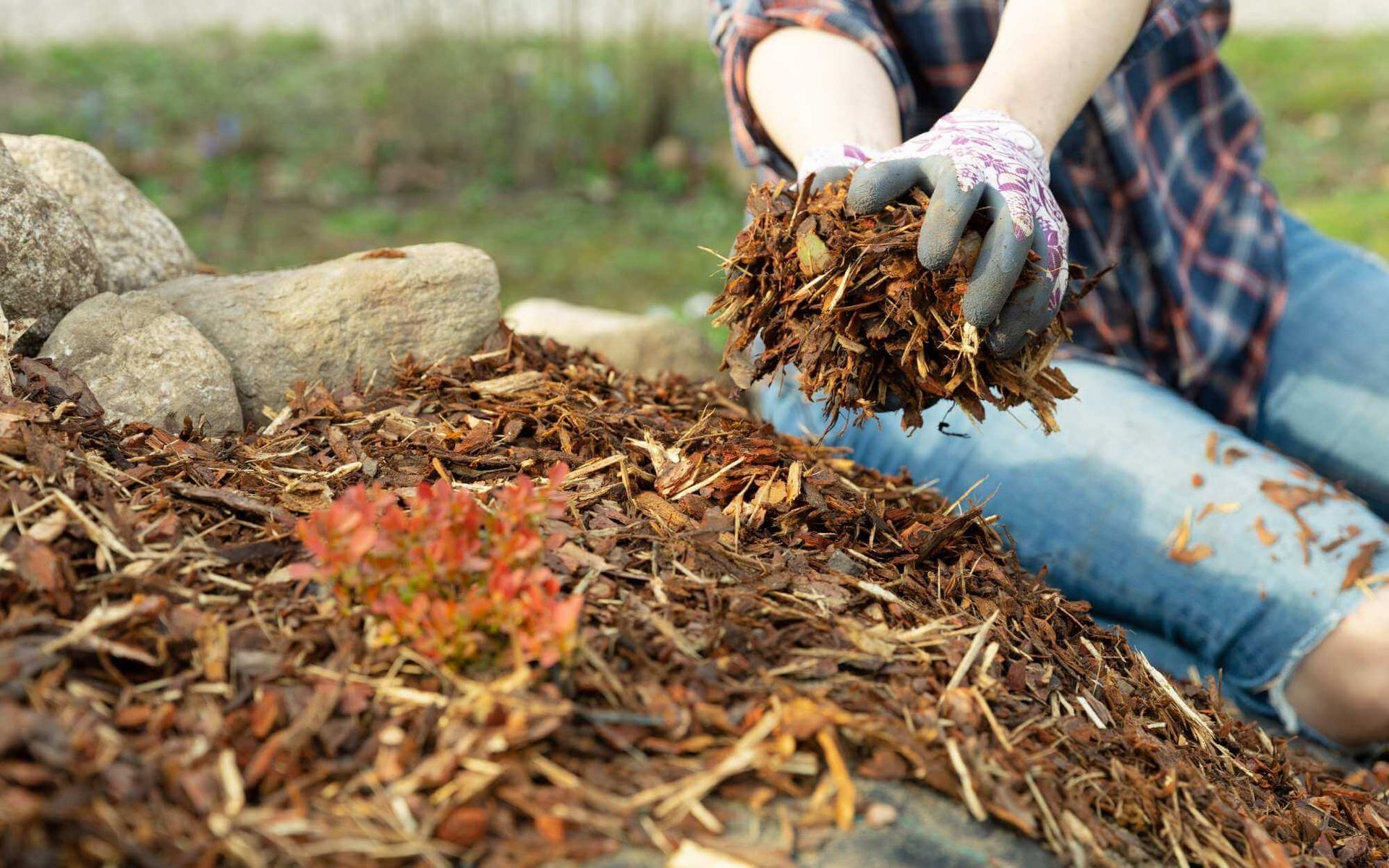
Divided into two primary categories, mulch can be broadly classified as either organic or inorganic.
Organic Mulch
As the name implies, organic mulch is made of natural materials that decompose over time and enrich the surrounding soil. This type of mulch includes bark chips, shredded leaves, straw, grass clippings, compost, and even sawdust.
Bark Chips
Derived from tree bark, bark chips are a popular type of organic mulch. They retain moisture well and gradually release nutrients into the soil as they decompose.
Shredded Leaves
Another common type of organic mulch is shredded leaves. These can be obtained by running a lawnmower over fallen leaves or using a leaf shredder. As they decay, shredded leaves add valuable organic matter to the soil.
Straw
Straw is a lightweight and inexpensive option for mulching around trees and shrubs. It helps retain moisture and suppresses weeds, but it breaks down relatively quickly compared to other types of mulch.
Inorganic Mulch
In contrast, inorganic mulch is made of non-organic materials that do not decompose. Common examples include gravel, pebbles, and rubber chips.
Gravel
Gravel is a popular inorganic mulch used for its durability and aesthetic appeal. However, it does not provide any nutrients to the soil and can increase soil temperature significantly.
Pebbles
Similar to gravel, pebbles are often used as an attractive alternative to organic mulch. They do not decompose and can aid in soil drainage, but they may also cause soil to dry out.
Rubber Chips
Made of recycled rubber, rubber chips are a cost-effective option for mulching. They do not break down over time and can help conserve moisture in the soil, but they may contain chemicals that could potentially harm trees.
Impact of Mulch on Tree Health
Aside from aesthetic value, mulch offers many benefits for trees, including:
- Retaining moisture: Mulch helps to conserve soil moisture by slowing down evaporation and reducing water loss.
- Regulating soil temperature: Mulch acts as an insulator for tree roots, protecting them from extreme temperatures.
- Providing nutrients: As organic mulches decompose, they release valuable nutrients into the soil, which are then absorbed by tree roots.
- Suppressing weeds: Mulch prevents weed growth by blocking out sunlight.
However, the mulch material type used can greatly impact these benefits.
For instance, organic mulches tend to be more effective at retaining moisture and providing nutrients compared to inorganic mulches. On the other hand, inorganic mulches may be more suitable for areas where weed growth is a major concern. Additionally, the thickness and placement of mulch can also affect its impact on tree health.
Choosing the Right Mulch
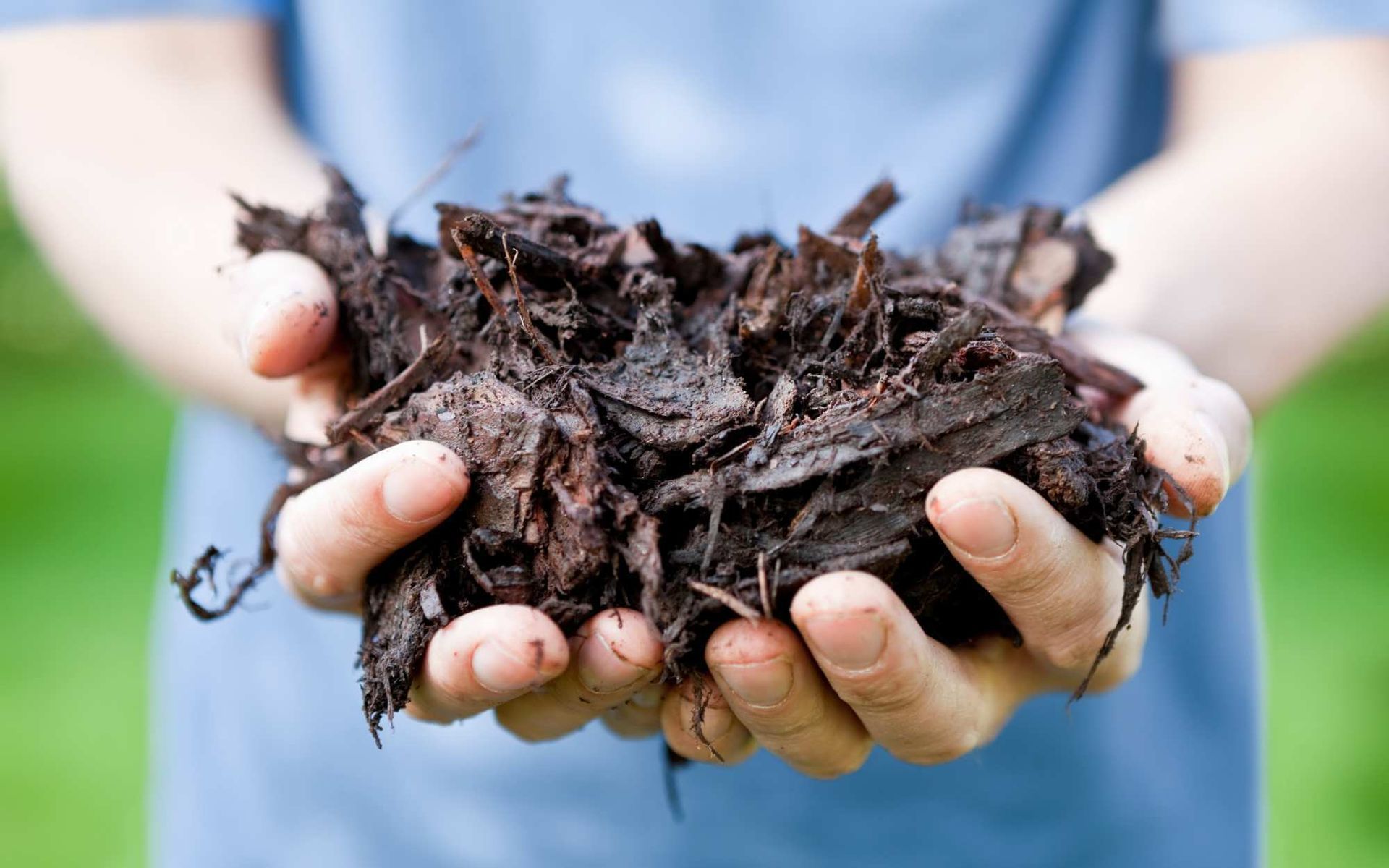
When selecting mulch, consider the tree species and location. Certain mulches may be better suited for particular tree types. For example, acid-loving trees like pines may thrive with pine bark mulch. Additionally, the location's climate and natural flora can influence mulch choice.
Regarding application, a depth of 2-4 inches is generally recommended for mulch layers. However, caution must be taken to avoid 'mulch volcanoes' around the tree's base, which can cause rot and invite pests. Mulch should be spread evenly, leaving a gap around the tree trunk. Consider a wider ring of mulch for younger trees.
Maintenance involves regular checks for compaction, mold, and pest activity. Refreshing mulch annually is a common practice, but it depends on the mulch type and local conditions.
Remember, while mulches offer various benefits, correct choice and application are critical for optimizing their impact on tree health.
Match Mulch Types to Maximize Benefits for Tree Health
Mulch is crucial for tree health, aiding in moisture retention, temperature regulation, nutrient provision, and weed suppression. Its influence varies with type, thickness, and placement.
Selecting the right mulch can optimize these benefits, considering tree species, location, and local climate. Explore various organic and inorganic mulches and find your trees' best match.
Remember, proper application and maintenance are essential. Be proactive in your tree care and explore the world of mulch! Call our
tree care specialists for guidance today!
Want a free quote or some friendly advice? Call our team today:
